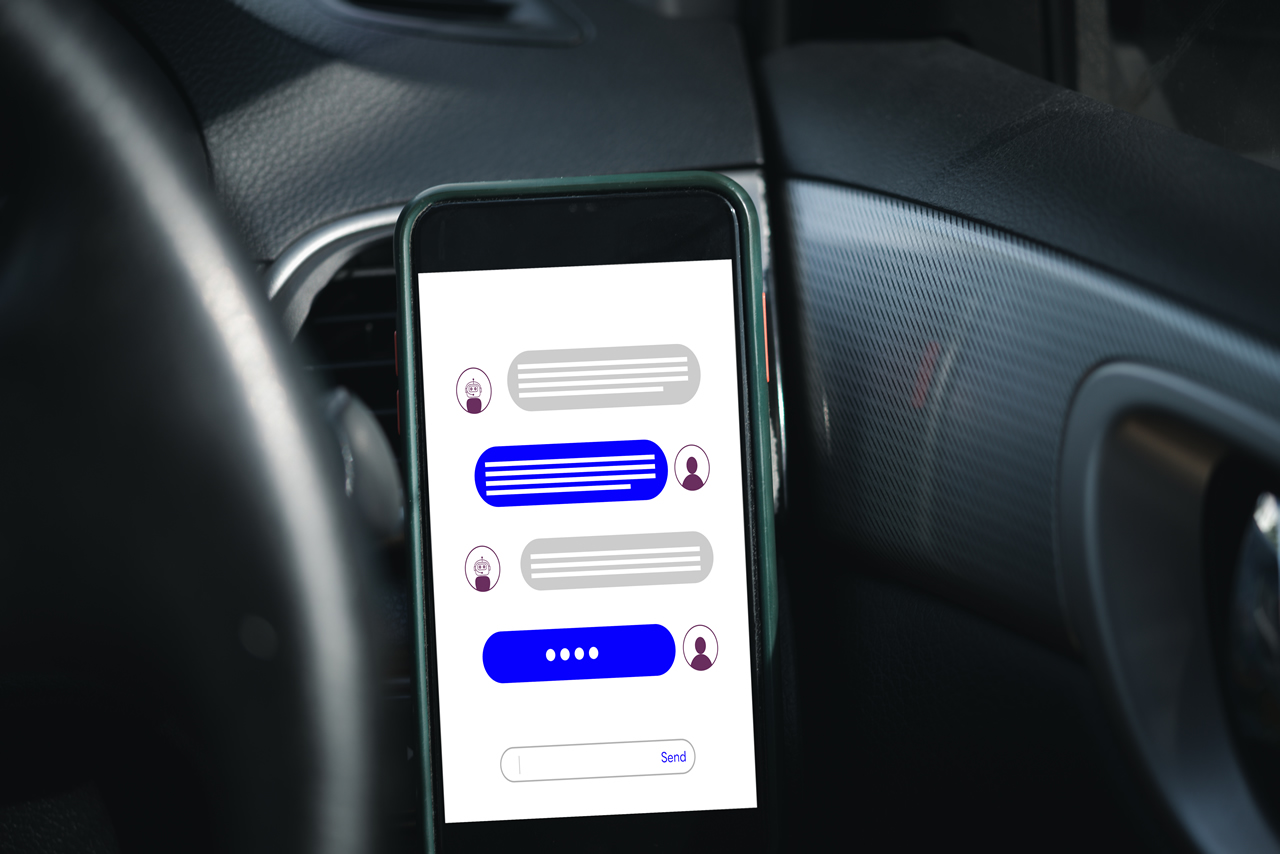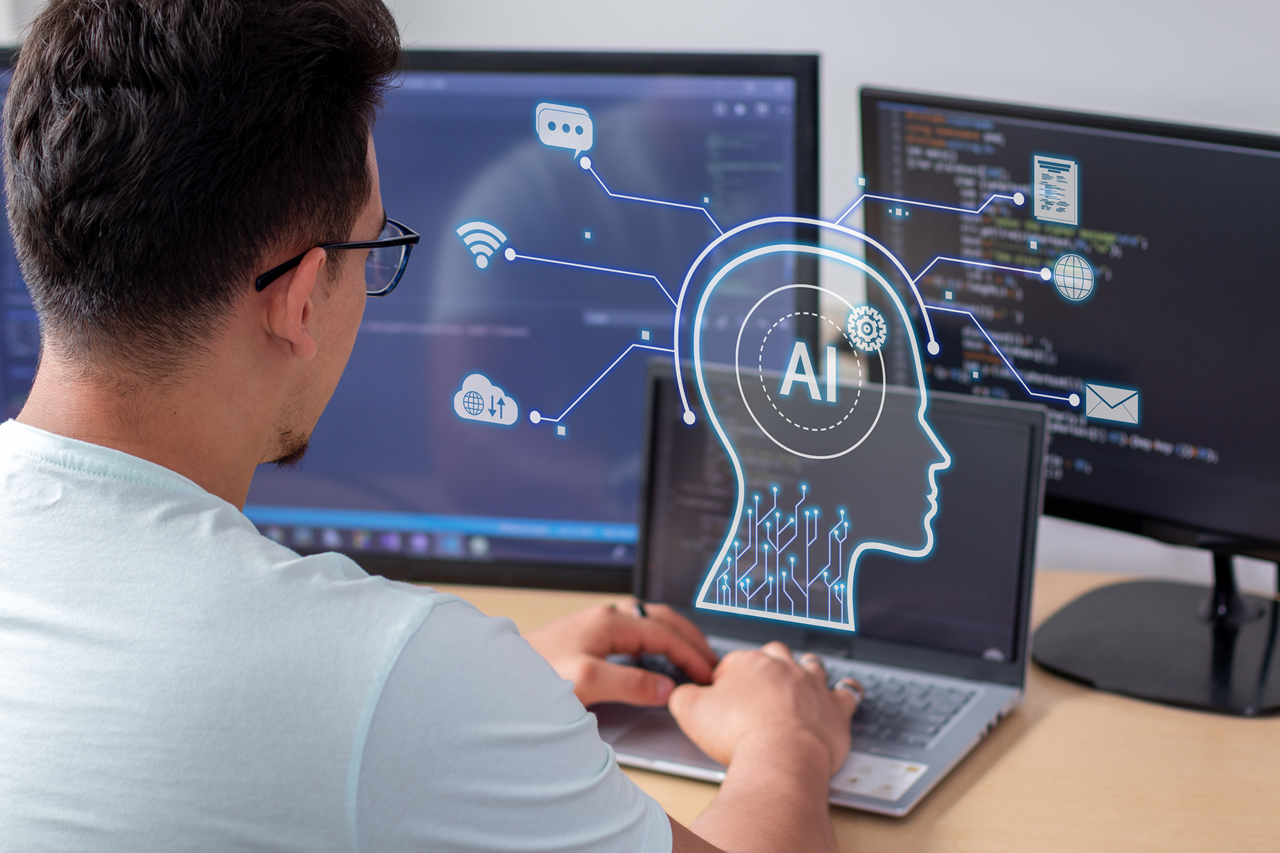Artificial Intelligence (AI) has revolutionized various industries, and the legal profession is no exception. With the advent of advanced language models like ChatGPT, there is a growing interest in understanding how AI can impact the practice of law. In this article, we will explore the role of ChatGPT in the legal field, its benefits, limitations, and the ethical considerations associated with its use.
1. Introduction to ChatGPT
1.1 What is ChatGPT?
ChatGPT is an AI language model developed by OpenAI. It uses deep learning techniques to generate human-like responses based on given prompts. It has been trained on vast amounts of text data to understand and produce coherent and contextually relevant text.
1.2 How Does ChatGPT Work?
ChatGPT works by using a transformer architecture that enables it to process and generate text. It utilizes a combination of pre-training and fine-tuning processes to learn from large datasets and provide accurate and coherent responses based on the input it receives.
2. Applications of ChatGPT in the Legal Profession
2.1 Legal Research and Case Analysis
ChatGPT can assist legal professionals in conducting comprehensive legal research. It can quickly analyze vast amounts of legal texts, including case law, statutes, and legal opinions, to provide relevant information and insights for legal analysis.
2.2 Contract Review and Due Diligence
ChatGPT can streamline the contract review process by automatically identifying key provisions, potential issues, and legal implications. It can assist in due diligence tasks by quickly extracting and summarizing relevant information from contracts and legal documents.
2.3 Legal Writing and Document Generation
ChatGPT can help lawyers draft legal documents, including briefs, memos, and contracts. It can provide suggestions, improve the clarity and coherence of the text, and assist in generating legally sound and well-structured
documents.
2.4 Client Communication and Support
ChatGPT can be utilized as a virtual assistant for client communication and support. It can provide basic legal information, answer frequently asked questions, and guide clients through legal processes, thereby enhancing accessibility and improving client satisfaction.
3. Benefits of ChatGPT in the Legal Field
3.1 Efficiency and Time Savings
By automating repetitive tasks and providing quick access to relevant legal information, ChatGPT can significantly increase efficiency and save valuable time for legal professionals. They can focus more on complex legal analysis and strategic decision-making.
3.2 Enhanced Legal Research Capabilities
ChatGPT's ability to analyze vast amounts of legal texts in a short time enables legal professionals to conduct comprehensive research and obtain a broader perspective on legal issues. It can help uncover relevant cases and legal precedents that might have been overlooked otherwise.
3.3 Improved Accuracy and Consistency
ChatGPT can assist in reducing human error by providing accurate and consistent responses based on the input it receives. It eliminates the risk of overlooking important information and ensures a more uniform approach to legal analysis and document drafting.
3.4 Accessibility and Affordability
AI-powered legal tools like ChatGPT can make legal services more accessible and affordable for individuals and businesses. It can bridge the gap between the need for legal assistance and the cost associated with hiring human lawyers.
4. Limitations and Challenges
4.1 Lack of Contextual Understanding
While ChatGPT excels at generating coherent text, it lacks true contextual understanding. It may produce responses that seem appropriate but fail to capture the nuanced legal context accurately. Human oversight and interpretation are necessary to ensure the accuracy and relevance of the generated content.
4.2 Ethical and Liability Concerns
The use of AI in the legal field raises ethical concerns regarding the unauthorized practice of law, data privacy, and potential liability for errors or biases in the generated content. Clear guidelines and regulations are necessary to address these concerns and protect the interests of both legal professionals and clients.
4.3 Data Privacy and Security
The use of AI models like ChatGPT requires access to vast amounts of data, including sensitive legal information. Safeguarding data privacy and ensuring robust security measures are in place is crucial to maintain client confidentiality and prevent unauthorized access or misuse of data.
4.4 Dependency on Human Oversight
ChatGPT should be used as a tool to assist legal professionals rather than replacing their expertise. Human oversight is essential to validate and interpret the generated content, verify the accuracy of legal analysis, and make informed decisions based on AI-generated suggestions.

5. Ethical Considerations in AI-Assisted Legal Services
5.1 Maintaining Attorney-Client Privilege
When utilizing AI in legal services, it is crucial to maintain attorney-client privilege and confidentiality. Proper measures should be implemented to ensure that client data and communications are protected from unauthorized access or disclosure.
5.2 Informed Consent and Transparency
Clients should be informed about the use of AI in legal services and provide their informed consent. Transparency regarding the limitations and capabilities of AI tools like ChatGPT is essential to manage client expectations and maintain trust.
5.3 Accountability and Professional Responsibility
Legal professionals have an ethical obligation to exercise professional judgment, verify the accuracy of AI-generated content, and take responsibility for the advice and decisions made based on such content. They should be mindful of potential biases and limitations associated with AI tools.
5.4 Guarding Against Bias and Discrimination
AI models like ChatGPT can inadvertently perpetuate biases present in the data they are trained on. It is crucial to continuously monitor and address potential biases to ensure fairness and prevent discrimination in AI-assisted legal services.
6. The Future of ChatGPT in the Legal Profession
6.1 Collaboration between AI and Lawyers
The future of AI in the legal profession lies in collaborative partnerships between AI technologies and legal professionals. AI tools like ChatGPT can augment the capabilities of lawyers, enabling them to provide more efficient and effective legal services.
6.2 Continuing Legal Education and AI Integration
As AI becomes more prevalent in the legal field, it is essential for legal professionals to stay updated with the latest advancements. Continuing legal education programs should incorporate AI integration, equipping lawyers with the necessary skills to leverage AI tools effectively.
6.3 Regulatory Frameworks and Standards
To address the ethical and legal implications of AI-assisted legal services, regulatory frameworks and professional standards need to be established. These frameworks should outline guidelines for the responsible use of AI and ensure accountability and transparency in its implementation.
6.4 Adapting to Technological Advancements
The legal profession should embrace technological advancements and adapt to the changing landscape. Lawyers should develop a technological mindset, be open to AI integration, and proactively explore ways to leverage AI tools for the benefit of their clients and their own professional growth.
7. Final Thoughts
AI, represented by ChatGPT and similar language models, has the potential to transform the practice of law by streamlining processes, enhancing efficiency, and improving access to legal services. However, it is crucial to navigate the ethical considerations, address the limitations, and ensure human oversight to maintain the integrity and quality of legal practice in the age of AI.
FAQs
- Can ChatGPT replace human lawyers?
No, ChatGPT cannot replace human lawyers. It is a tool that assists legal professionals in various tasks, but human expertise, judgment, and interpretation are indispensable in the practice of law.
- Is ChatGPT legally binding?
No, ChatGPT's responses are not legally binding. They should be used as a reference and require human validation and interpretation to ensure accuracy and compliance with legal requirements.
- How can AI tools like ChatGPT improve access to justice?
AI tools like ChatGPT can make legal services more accessible and affordable, particularly for individuals and businesses with limited resources. They can bridge the gap between the demand for legal assistance and the cost associated with traditional legal representation.
- What measures are in place to address biases in AI-assisted legal services?
Addressing biases in AI-assisted legal services requires continuous monitoring and evaluation of AI models, ensuring diverse and representative training data, and implementing fairness and non-discrimination policies within AI tools and systems.
- What role does human oversight play in AI-assisted legal services?
Human oversight is crucial in AI-assisted legal services to validate and interpret AI-generated content, verify its accuracy, and make informed decisions. Legal professionals are responsible for ensuring the quality and ethical use of AI tools in their practice.


